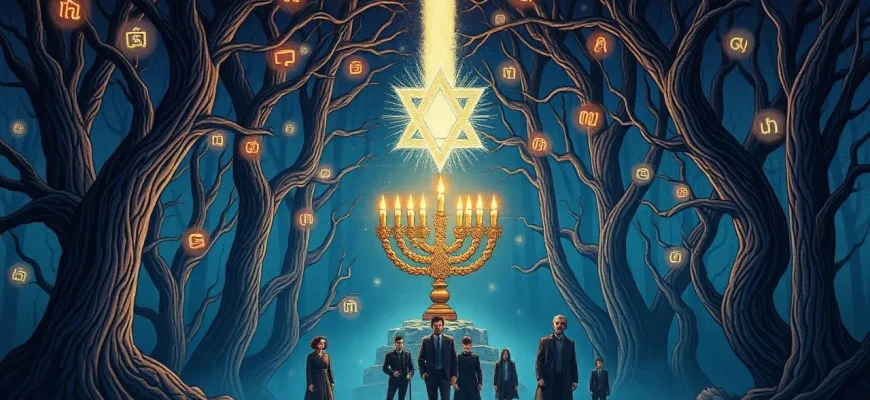Delve into the eerie and often unexplored territory of Jewish horror cinema. This collection brings together films that intertwine Jewish mythology, folklore, and mysticism with the spine-chilling elements of horror. Each film in this selection not only entertains but also provides a deeper understanding of Jewish cultural and religious elements through the lens of fear and the supernatural, making it a valuable watch for both horror enthusiasts and those interested in Jewish heritage.
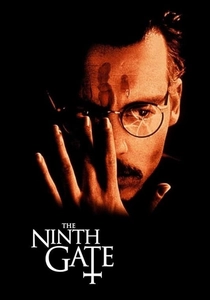
The Ninth Gate (1999)
Description: This film involves a rare book dealer investigating a book that might have been written by the Devil, with Jewish mysticism playing a role in the occult elements.
Fact: Directed by Roman Polanski, who often explores themes of the occult and horror.
 Watch Now
Watch Now
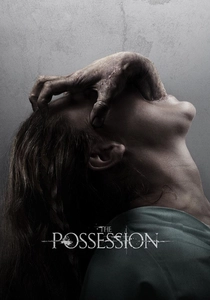
The Possession (2012)
Description: Centered around a young girl who becomes possessed by a dybbuk, a malevolent spirit from Jewish folklore, this film delves into themes of possession and exorcism within a Jewish context.
Fact: The film was inspired by a real-life eBay auction of a haunted box, which was claimed to contain a dybbuk.
 Watch Now
Watch Now
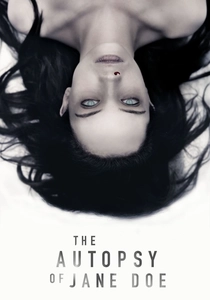
The Autopsy of Jane Doe (2016)
Description: While not directly related to Judaism, the film's exploration of supernatural forces and ancient curses has parallels with Jewish mysticism.
Fact: The film was praised for its suspenseful build-up and minimalistic approach to horror.
 Watch Now
Watch Now
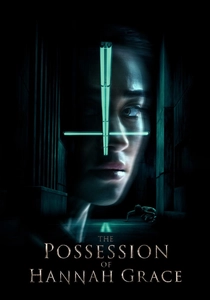
The Possession of Hannah Grace (2018)
Description: While not explicitly Jewish, it deals with themes of possession and the afterlife, which can be interpreted through a Jewish lens.
Fact: The film was initially titled "The Heretic."
 Watch Now
Watch Now
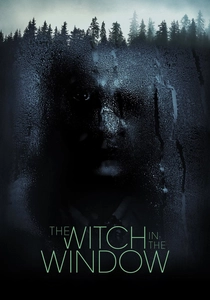
The Witch in the Window (2018)
Description: This film explores themes of haunting and possession, with some elements reminiscent of Jewish folklore about spirits and curses.
Fact: The film was shot in Vermont, known for its eerie, haunted locations.
 Watch Now
Watch Now
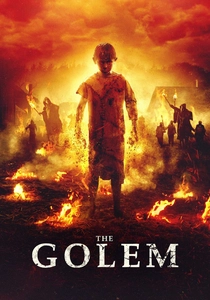
The Golem (2018)
Description: This film explores the Jewish legend of the Golem, a creature created from clay to protect the Jewish community in 17th-century Lithuania. Its inclusion in this list is due to its direct engagement with Jewish mysticism and the golem mythos.
Fact: The film was shot in Hebrew, adding authenticity to its cultural setting. It also features a unique blend of horror and historical drama.
 Watch Now
Watch Now
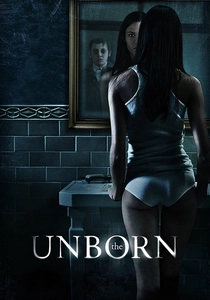
The Unborn (2009)
Description: While not exclusively Jewish, the film incorporates elements of Jewish mysticism, particularly the concept of dybbuks and the evil eye, making it relevant to our theme.
Fact: The film features Gary Oldman in a supporting role, adding to its star power.
 Watch Now
Watch Now
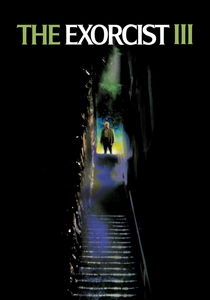
The Exorcist III (1990)
Description: Though not directly about Judaism, it features a subplot involving a Jewish character and the concept of possession, making it tangentially relevant.
Fact: The film includes a scene where a character recites the Shema, a Jewish prayer, during an exorcism.
 30 Days Free
30 Days Free
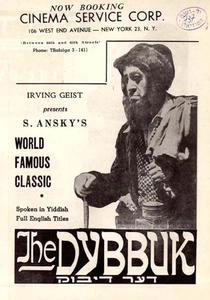
The Dybbuk (1937)
Description: A classic Yiddish film that tells the story of a young woman possessed by the spirit of her dead lover, this film is a cornerstone of Jewish horror cinema.
Fact: It is one of the earliest surviving Yiddish films and was remade in
 30 Days Free
30 Days Free
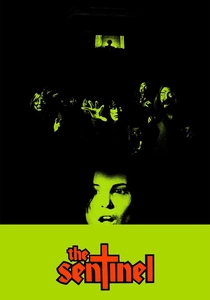
The Sentinel (1977)
Description: Features a plot involving a Jewish character who becomes a sentinel guarding the gates of Hell, blending horror with Jewish themes.
Fact: The film includes a cameo by Burgess Meredith, known for his role in "The Twilight Zone."
 30 Days Free
30 Days Free

